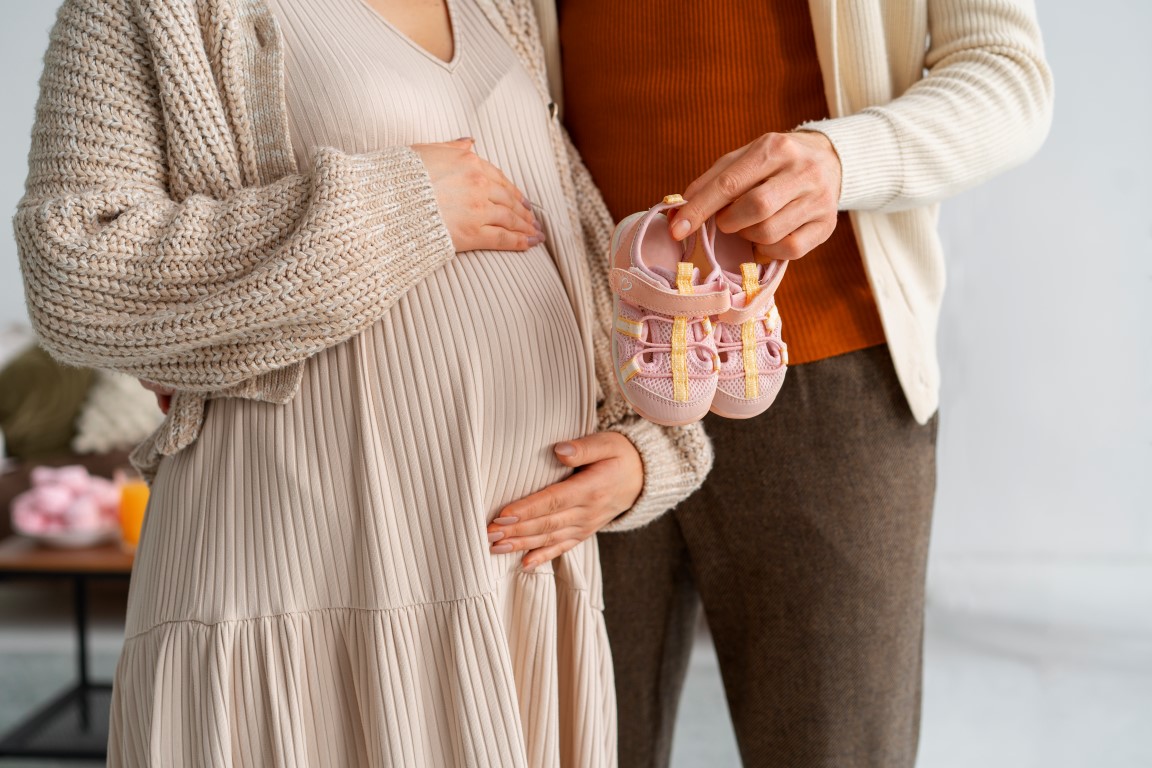
The Importance of Regular Gynecological Check-Ups for Women’s Health
Women’s health is a vital aspect of overall well-being, and regular gynecological check-ups play a crucial role in maintaining it. These routine visits help in early detection, prevention, and management of various gynecological conditions, ensuring a healthier and longer life. Whether you are in your reproductive years, expecting a baby, or transitioning into menopause, regular gynecological examinations are essential for monitoring your health at every stage of life.




Why Are Gynecological Check-Ups Important?
- Early Detection of Diseases
- Regular check-ups allow for the early detection of serious health conditions such as cervical cancer, ovarian cysts, and sexually transmitted infections (STIs).
- Pap smears and HPV tests help detect abnormalities that can be treated before they develop into cancer.
- Menstrual and Hormonal Health
- Many women experience irregular periods, heavy bleeding, or severe cramps, which may indicate underlying health issues like polycystic ovary syndrome (PCOS) or endometriosis.
- A gynecologist can assess hormonal balance and suggest lifestyle changes, medications, or treatments accordingly.
- Reproductive Health and Family Planning
- Gynecologists provide valuable guidance on contraception, fertility treatments, and pregnancy planning.
- Regular screenings and prenatal care during pregnancy ensure both maternal and fetal health.
- Menopause Management
- As women approach menopause, they may experience symptoms like hot flashes, mood swings, and osteoporosis.
- A gynecologist can recommend hormone replacement therapy (HRT) or natural remedies to ease the transition.
- Sexual Health and Well-Being
- Routine visits help address concerns about sexual health, pain during intercourse, or libido changes.
- Discussions on safe sex practices and STI screenings ensure better sexual well-being.

What to Expect During a Gynecological Check-Up?
A standard gynecological examination typically includes:- Medical history review
- Physical and pelvic examination
- Pap smear and HPV testing (if needed)
- Breast examination
- STD/STI screenings (if necessary)
- Discussion about contraception, menstrual health, and any concerns
When Should You See a Gynecologist?
- Women should start visiting a gynecologist between the ages of 13-15 or when they become sexually active.
- Annual visits are recommended for routine screenings and discussions about reproductive health.
- Immediate consultation is advised in cases of abnormal symptoms such as severe pelvic pain, abnormal bleeding, or unusual discharge.










